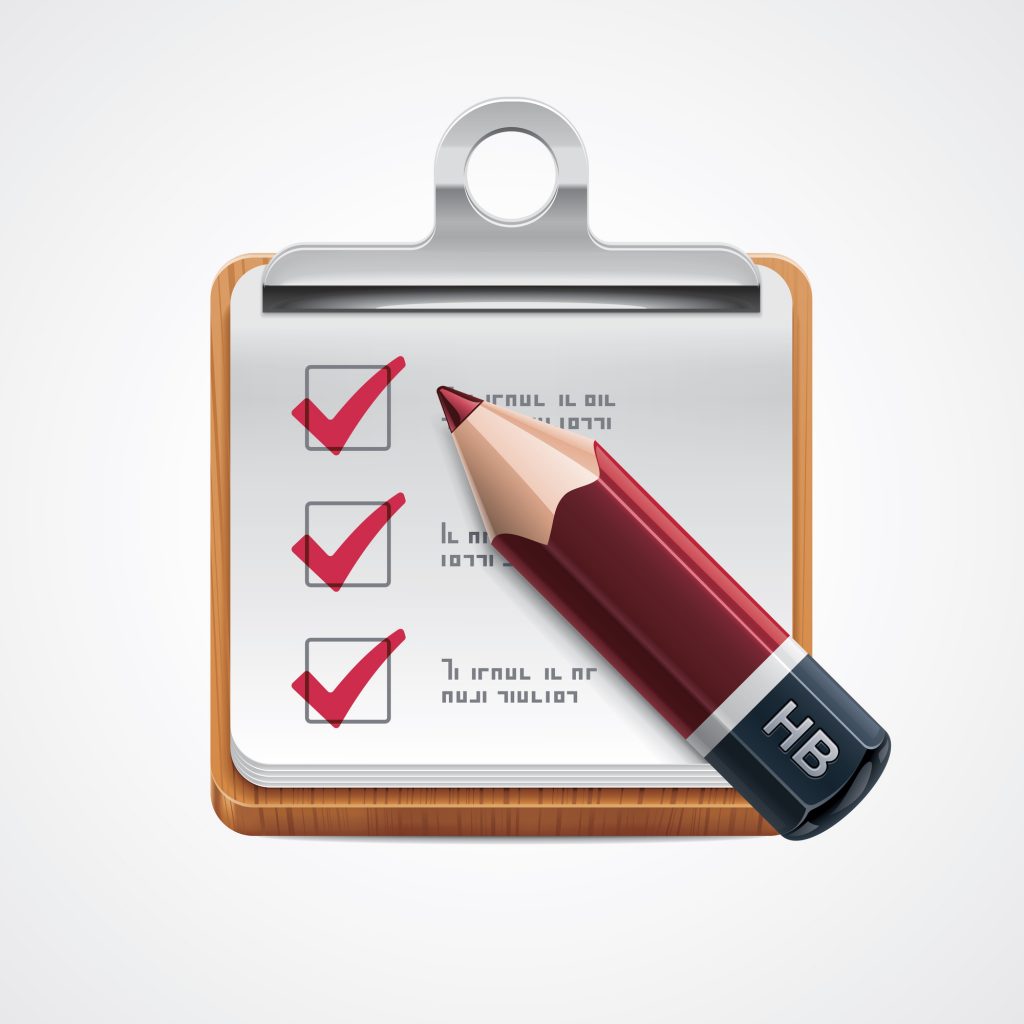 No, it isn’t about spelling. It’s a new law in California that governs the determination of whether a worker is an employee or independent contractor for purposes of certain state labor laws.
No, it isn’t about spelling. It’s a new law in California that governs the determination of whether a worker is an employee or independent contractor for purposes of certain state labor laws.
This new law may be a preview of things to come from other states and the federal government for a variety of purposes.
Overview of the ABC test
Last year, a California court decided that a worker of a same-day courier and delivery service was an employee subject to the state’s wage and hour laws. The court enunciated a test that presumes a worker to be an employee unless the company can prove otherwise. This test was recently codified in California.
The ABC test requires the hiring entity to show each of these 3 factors:
| A: | The worker is free from the control and direction of the hiring entity in connection with the performance of work, both under the contract for the performance of work and in fact. |
| B: | The worker performs work that is outside the usual course of the hiring entity’s business. |
| C: | The worker is customarily engaged in an independently established trade, occupation, or business of the same nature as the work performed. |
However, California’s law has 7 exempt categories from the test, such as for specific categories (e.g., physicians, private investigators, investment advisors) and contractual work for professional services (e.g., graphic designers, freelance writers).
The test applies in California for wage order and unemployment benefits claims as of January 1, 2020, and for workers’ compensation claims as of July 1, 2020. But it could be used retroactively.
Enactment of the ABC test raises a number of questions.
- Will the ABC test control for purposes of state income taxes in California?
- Connecticut, New Jersey, and Massachusetts already use an ABC test for certain purposes. Washington state is considering it now. Will other states follow suit?
IRS test for worker classification
The IRS has its own test for determining whether a worker is an employee or independent contractor for purposes of federal income and employment taxes. In making a determination, the IRS considers 3 categories:
- Behavioral control. A worker is an employee when the business has the right to direct and control the work performed by the worker, even if that right is not exercised.
- Financial control. Does the business have a right to direct or control the financial and business aspects of the worker’s job.
- Relationship of the parties. The type of relationship depends upon how the worker and business perceive their interaction with one another.
Other tests
Other government agencies may use their own tests. For example, the NLRB, in a decision involving shuttle-van driver franchisees reaffirmed its use of a common law test to determine whether they have the right to organize into a union.
Bottom line
The ABC test impacts the future of the gig economy. For example, it is impossible for Uber, Lyft, and other platform companies to pass the ABC test (B is particularly problematic because all gig workers are doing what the hiring company is all about). But beyond the gig economy, employers of all companies in all industries must tread carefully under federal and state rules to nail down worker classification. Missteps can result in penalties and other costs.


